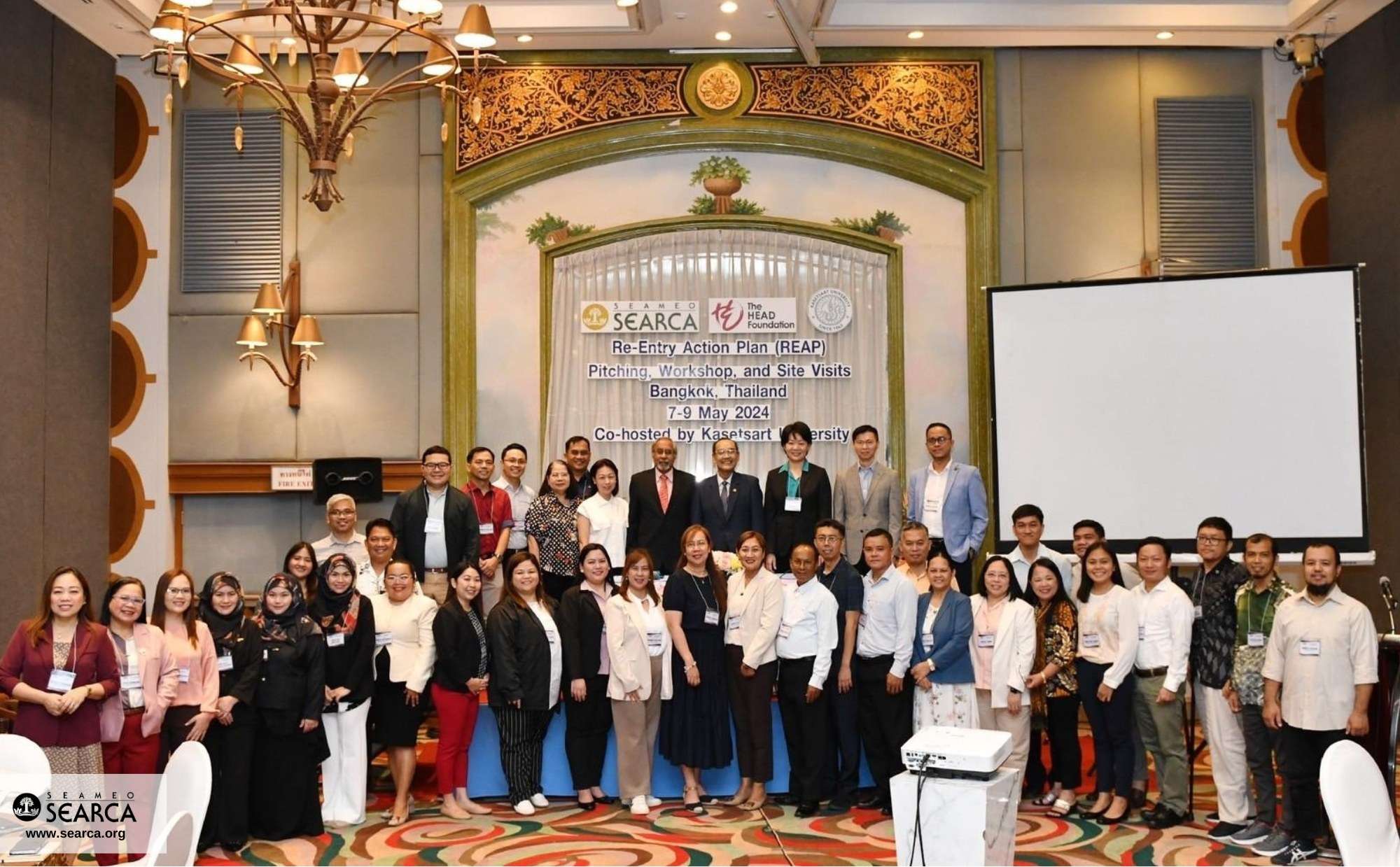Photo Courtesy of SEARCA The Southeast Asian Regional Center for Graduate Study and Research in Agriculture (SEARCA) and The Head Foundation is running the 2024 Leadership Development Program for Higher Education Institutions (LDP-HEIs) in Southeast Asia. The regional learning event operates in a hybrid format from March to July. This year’s theme isDesigning and Leading continue reading : CNU attends 2024 Leadership Development Program for Higher Education Institutions
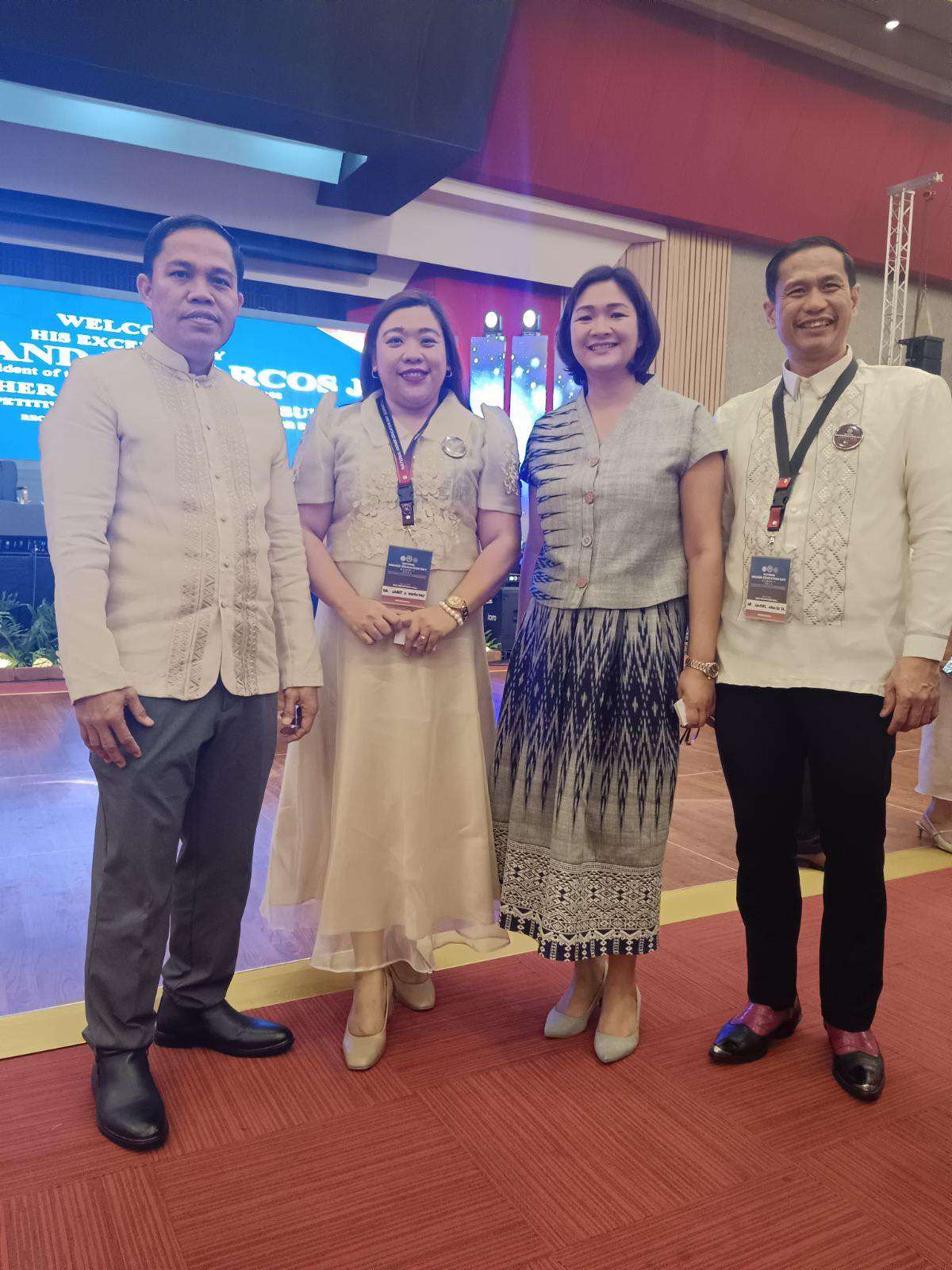
CNU Attends National Higher Education Day Summit 2024
LOOK | CNU President Dr. Daniel A. Ariaso, Sr., together with the OIC-Director for Internationalization, Dr. Janet A. Mananay, and Dean of the College of Teacher Education, Dr. Venus Cortes attended the first National Higher Education Day Summit 2024 at the Philippine International Convention Center (PICC) in Pasay City on May 15, 2024. During the continue reading : CNU Attends National Higher Education Day Summit 2024
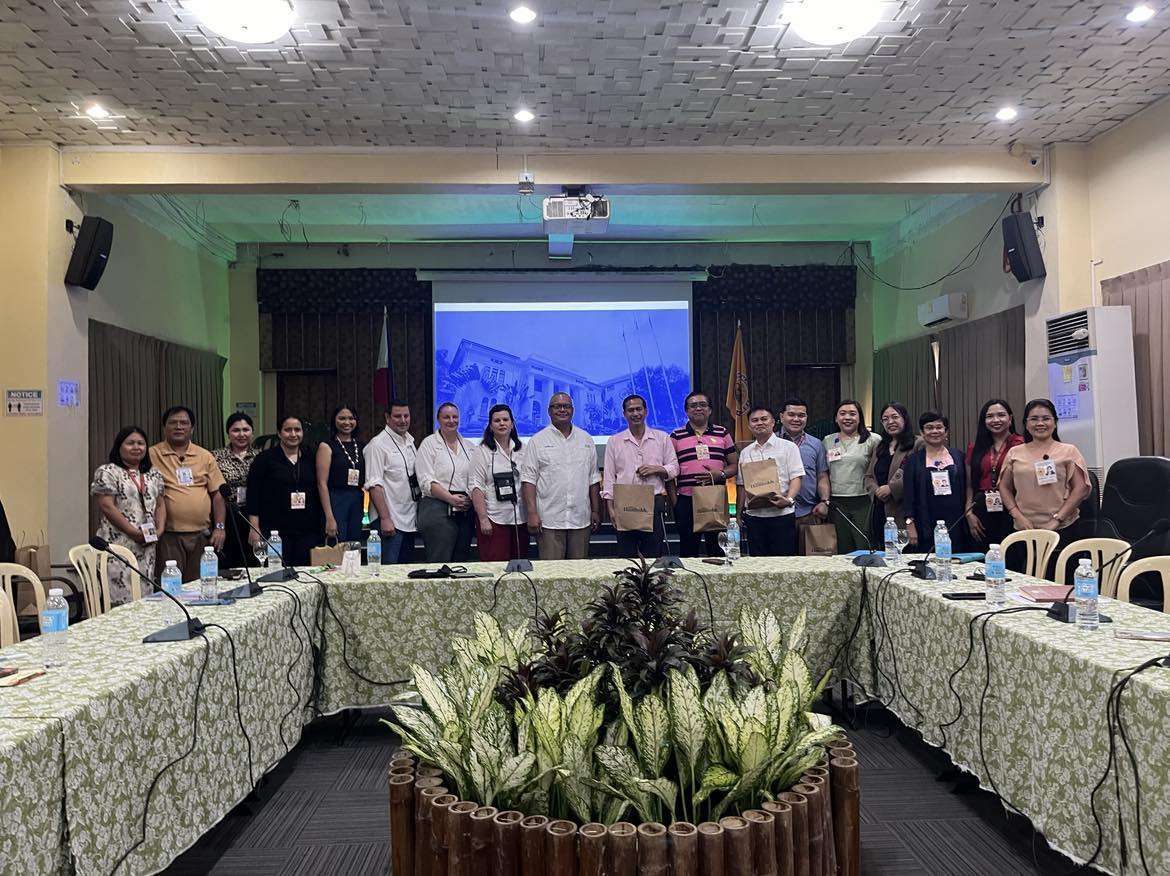
California State Polytechnic University – Hamboldt visits CNU for an exploratory learning experience
Cebu Normal University (CNU) welcomed students and faculty from California State Polytechnic University – Humboldt on March 11, 2024 for an enriching exploratory learning experience. The visit of the aforementioned university delved into fostering potential cultural exchange, exploring internship opportunities, and sharing of different exemplary practices in the realm of quality education. The dialogue between continue reading : California State Polytechnic University – Hamboldt visits CNU for an exploratory learning experience
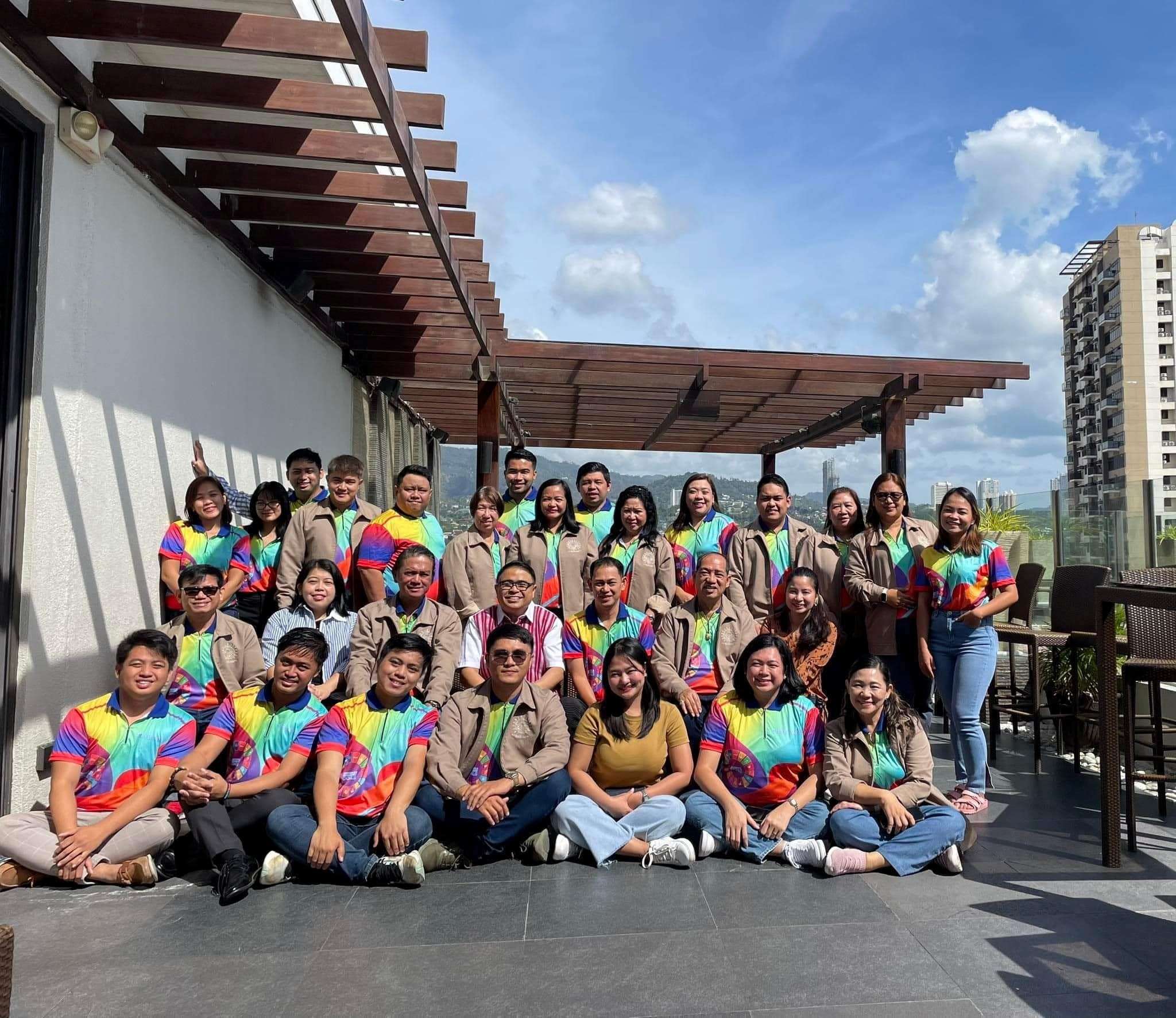
UNESCO’s Advocacies in Action: An Account from Cebu Normal University’s Participation
Cebu Normal University actively participates in the national coordination, planning, and alignment activities organized by UNESCO Philippine National Commission (UNACOM) and the National Coordinating Body of Clubs for UNESCO in the Philippines (NCBCUP) to promote UNESCO’s programs in the country. Dr. Janet Mananay, who is the Region 7 focal person for Global Citizenship Education and continue reading : UNESCO’s Advocacies in Action: An Account from Cebu Normal University’s Participation
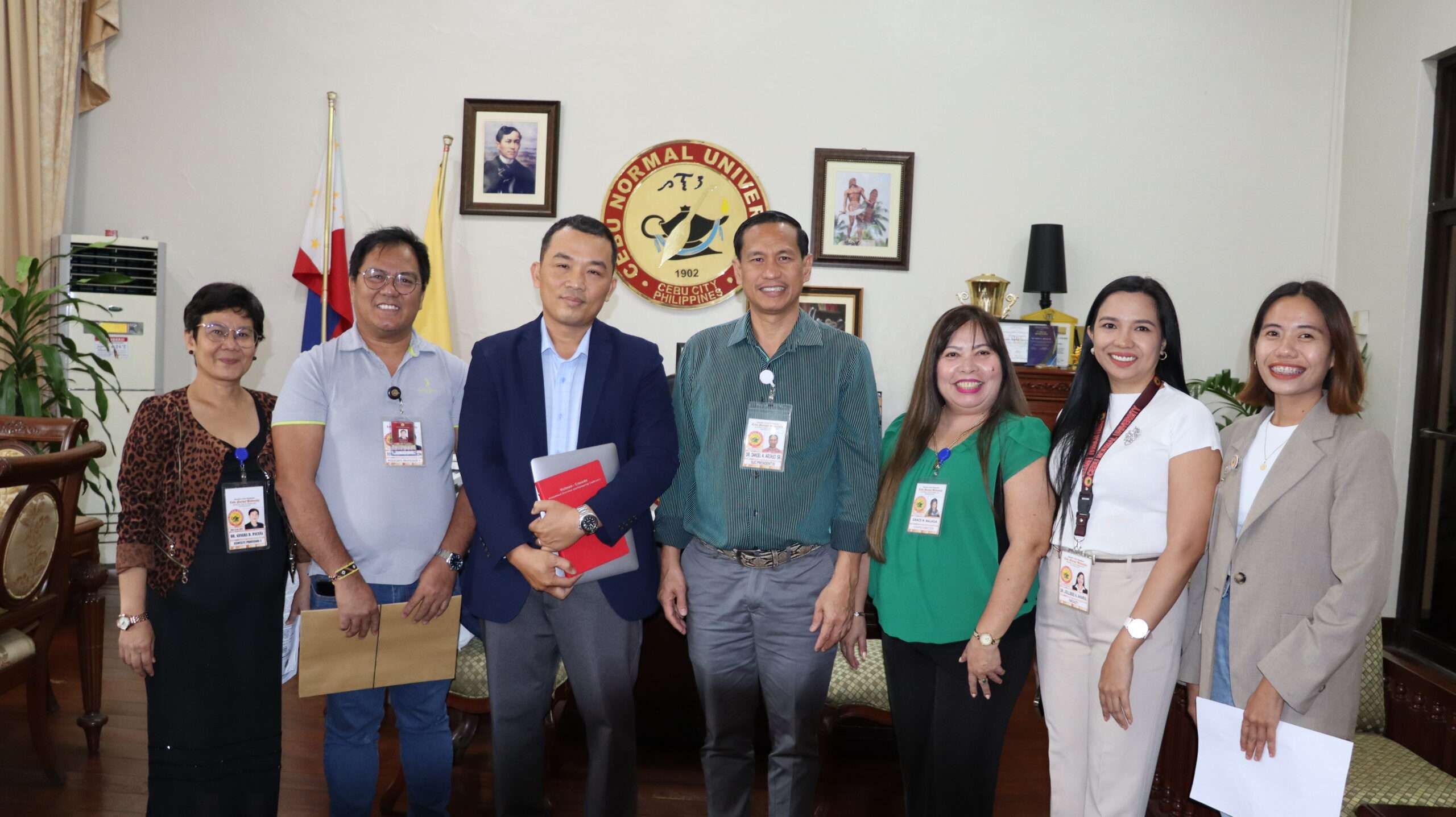
CNU welcomes Dr. De Phung from Tra Vinh University
Dr. De Phung, Director of the International Education Institute of the Tra Vinh University (TVU) in Vietnam paid a courtesy visit on March 1 to Cebu Normal University (CNU) to discuss his intent for a possible partnership between the two academic institutions. Among his proposals are a transnational education program in TESOL, an immersion program continue reading : CNU welcomes Dr. De Phung from Tra Vinh University
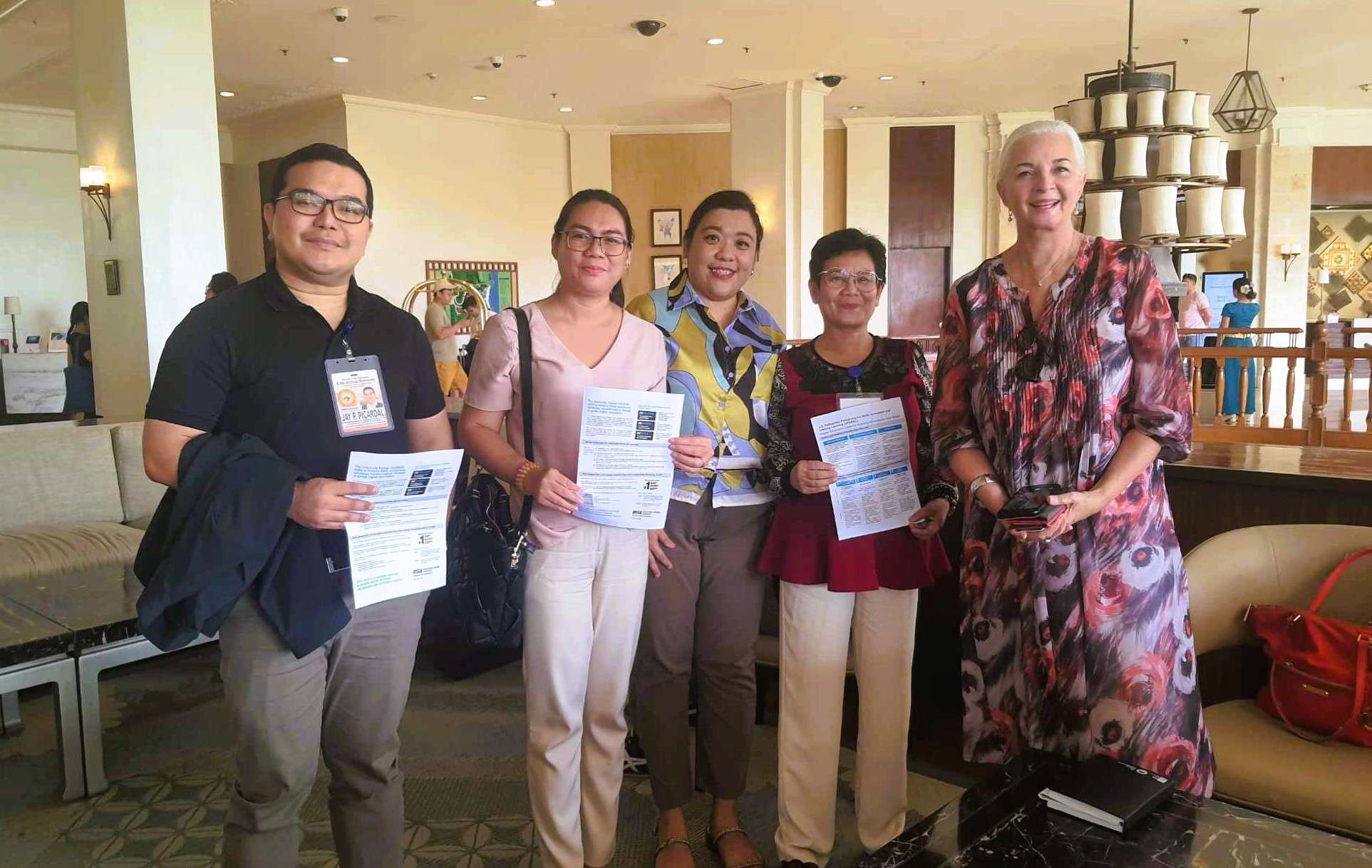
CNU explores collaborative pathways with USAID
In an opportune invitation for international collaboration and a commitment towards service-learning, Cebu Normal University (CNU) recently attended a meeting with the United States Agency for International Development (USAID). The exciting gathering, which took place on 15 February, 2024, was hosted by Dr. Gael McDonald at theShangri-La Mactan, Cebu. Dr. McDonald essentially gave an orientation continue reading : CNU explores collaborative pathways with USAID
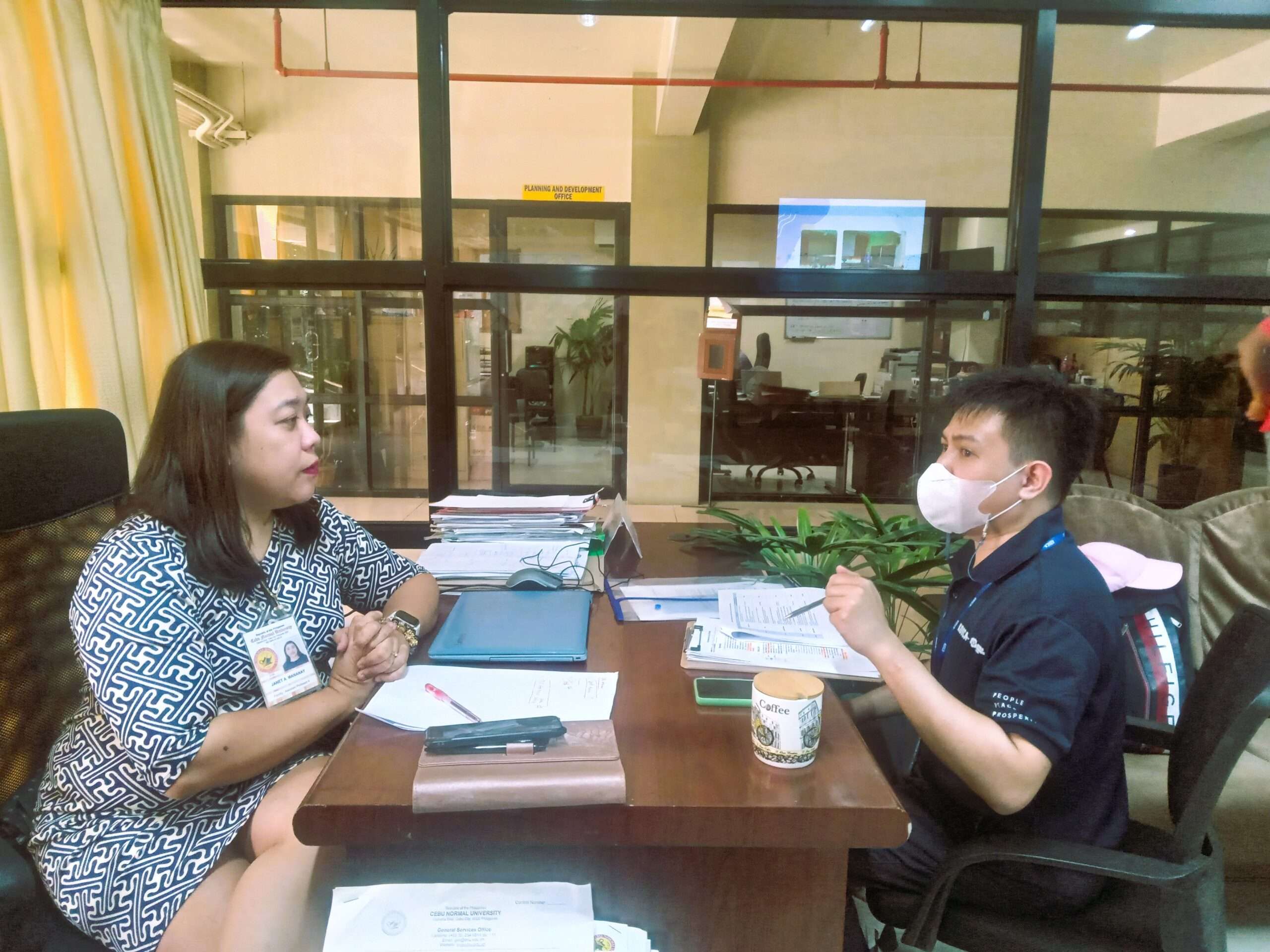
CNU seeks South Korean volunteers through the KOICA-WFK Program
In an effort to promote friendly and cooperative relationships, Cebu Normal University (CNU) welcomed Mr. Kevin Bricia, Volunteer Program Officer of the Philippine Office for the Korea International Cooperation Agency (KOICA), for a courtesy visit on 28 February 2024. The visit aims to strengthen cultural ties and advocate the enduring friendship between the Philippines and continue reading : CNU seeks South Korean volunteers through the KOICA-WFK Program
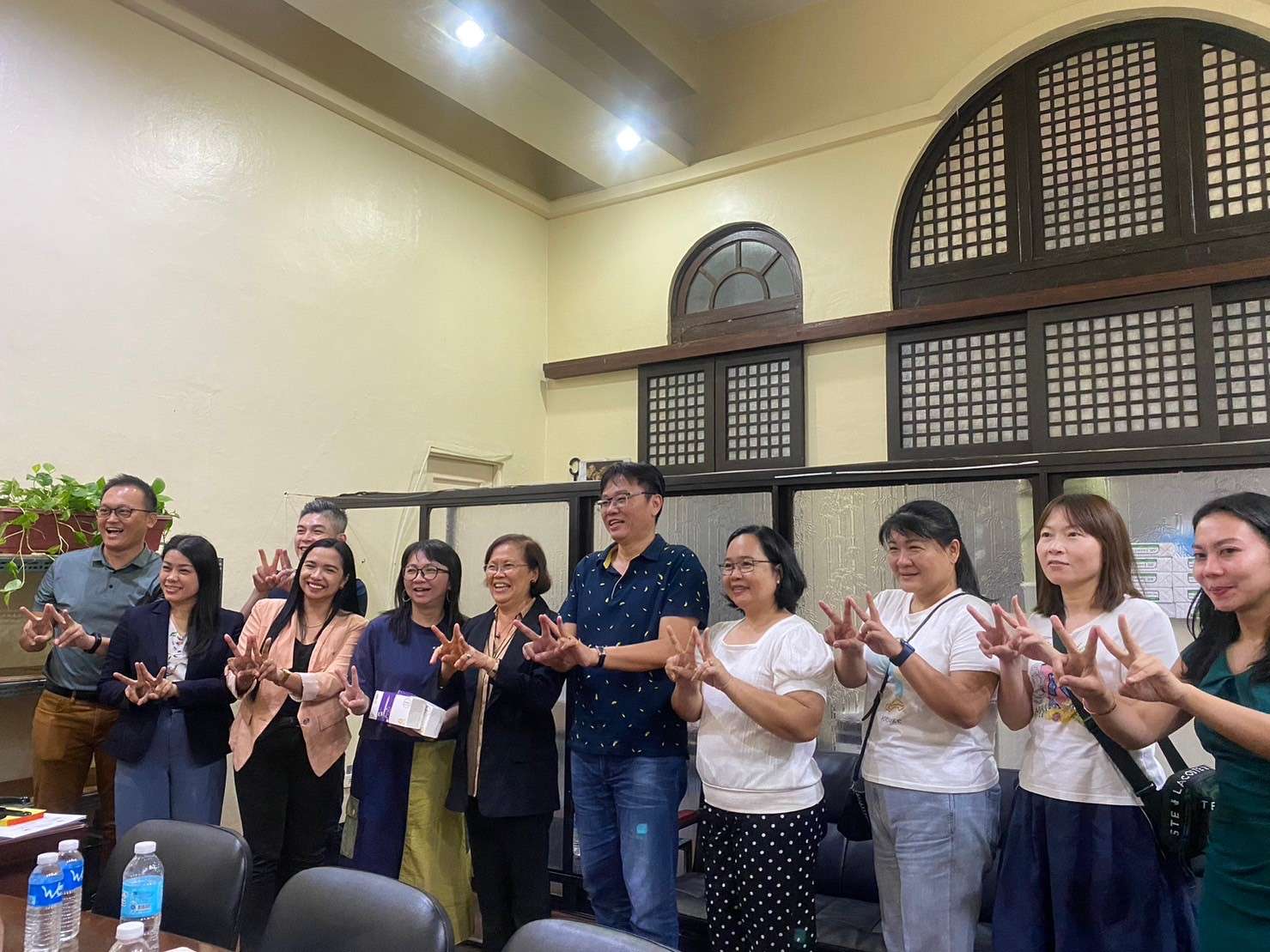
CNU explores collaborative pathways with the Winning English Academy and Taiwanese principals
and school owners
Cebu Normal University (CNU) and Winning English Academy (WEA) — represented by Mr. Malcolm Liang and Ms. Hannah Silva — alongside Taiwanese principals and school owners held a productive meeting last 1 December 2023 to explore potential pathways for collaboration. The discussions focused on a Sit-In Class Program in CNU for Taiwanese elementary students, a continue reading : CNU explores collaborative pathways with the Winning English Academy and Taiwanese principals
and school owners

CNU participates in the 36th AUAP Annual Conference
Cebu Normal University (CNU), represented by Dr. Rufina Rosaroso — Vice President for Academic Affairs and Internationalization — and Dr. Genara B. Pacaña — Director of the Center for Internationalization, ODL, and CELL, joined the 36th AUAP Annual Conference in Siam University, Bangkok, Thailand, last 17-18 November 2023. The primary purpose of the Association of continue reading : CNU participates in the 36th AUAP Annual Conference

CNU students immerse in Indonesian art & culture through the Virtual CommTECH
Nusantara 2023
Cebu Normal University participated in the Virtual Community and Technological (CommTECH) Nusantara 2023: Let’s Dance Together which was held virtually last 16-27 October 2023. Let’s Dance Together was the latest edition of the CommTECH, hosted by CNU’s Indonesian partner, the Institut Teknologi Sepuluh Nopember (ITS). This edition focuses more on Indonesian art and culture related continue reading : CNU students immerse in Indonesian art & culture through the Virtual CommTECH
Nusantara 2023

